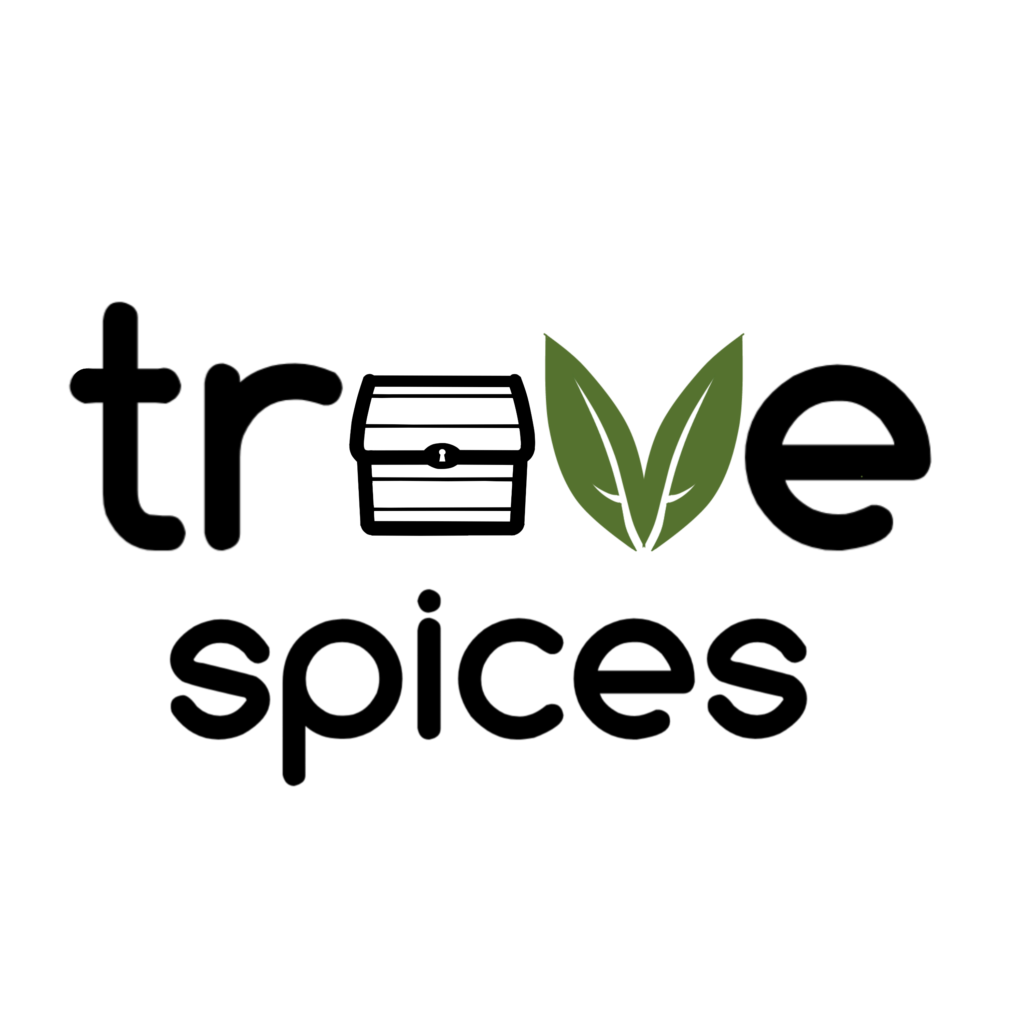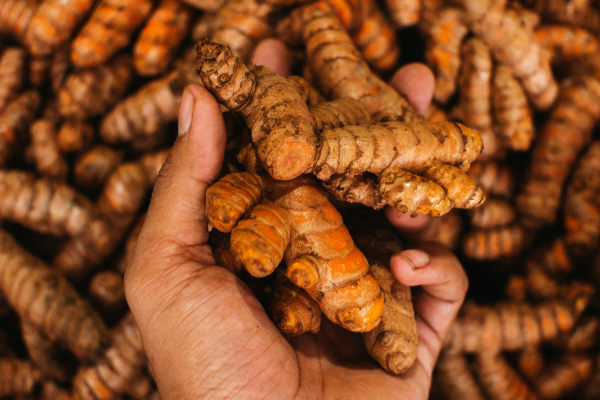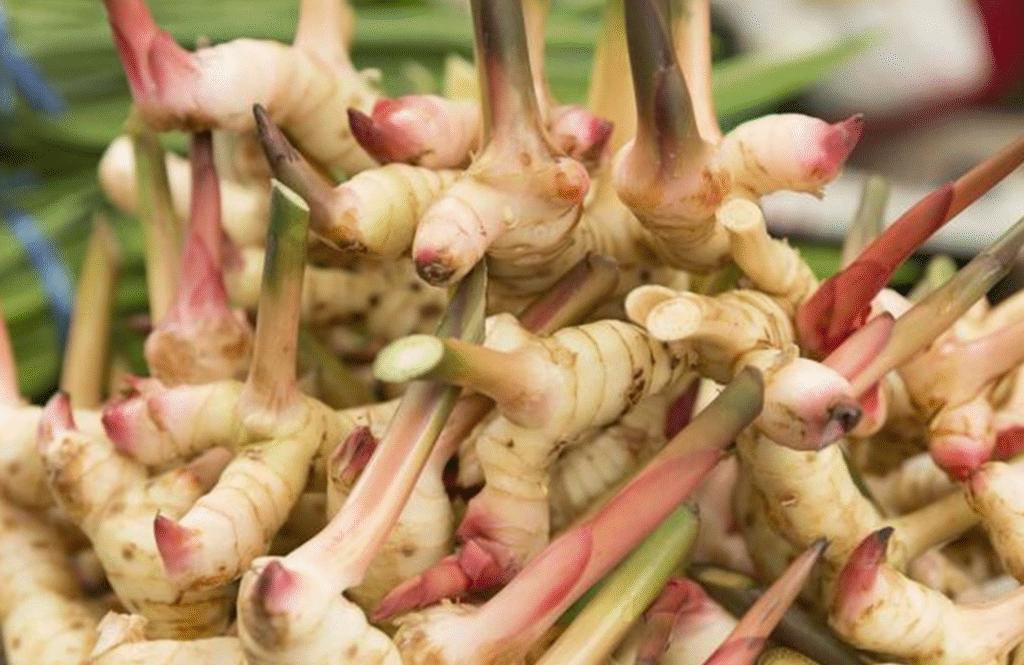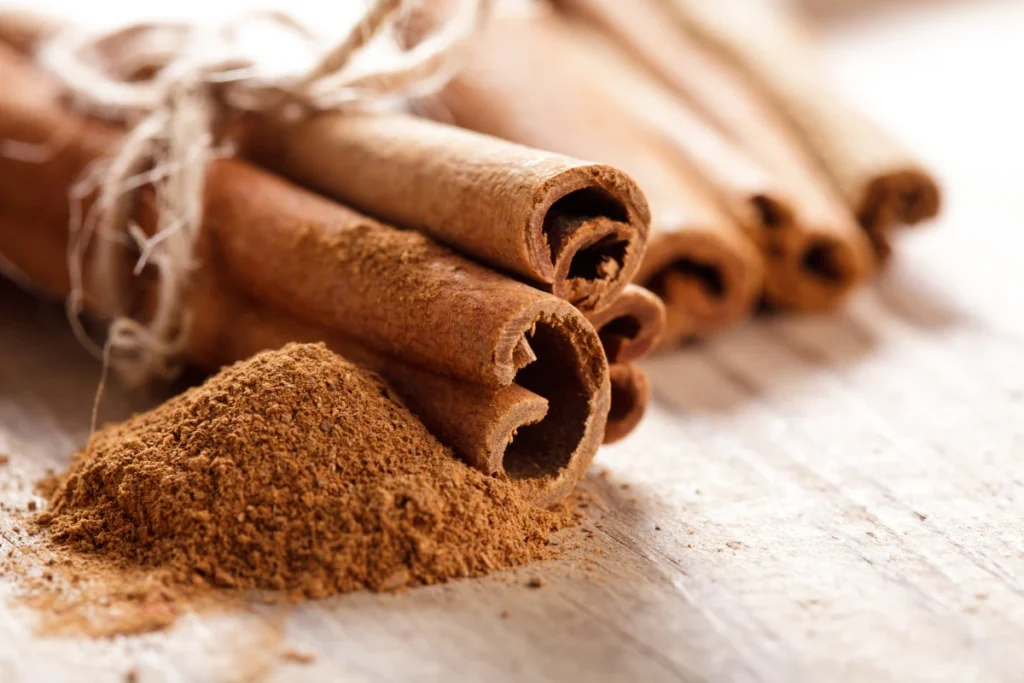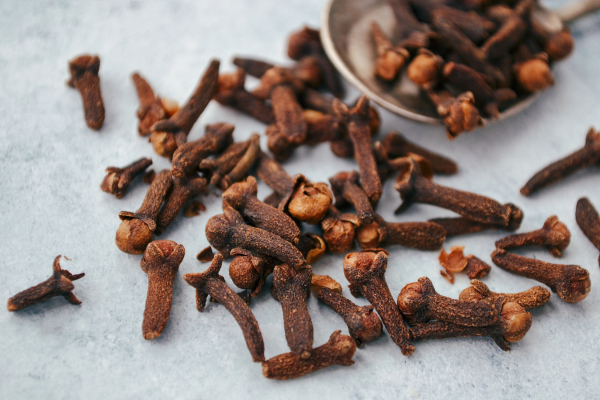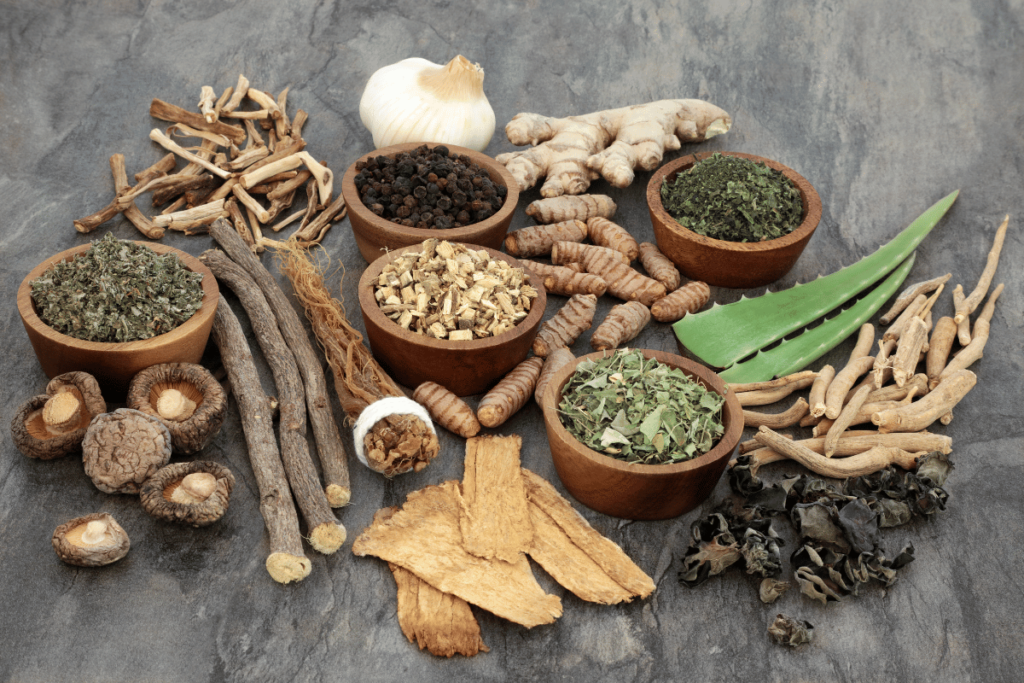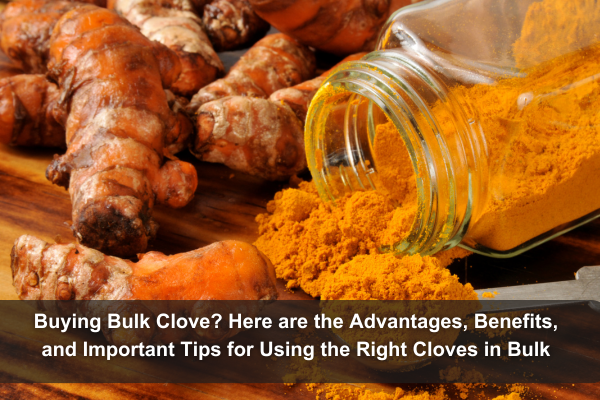Indonesia is globally renowned as a prime source for high-quality spices, with turmeric standing out as a particularly valuable commodity. The demand for Indonesian curcuma, famed for its rich curcumin content and vibrant color, is soaring across the nutraceutical and food sectors worldwide. This comprehensive guide serves as your essential resource, detailing every crucial aspect required for successful Turmeric Export Indonesia, ensuring you secure the finest product for your business needs.
Turmeric Export Indonesia: Why the Nusantara Curcuma is the Primary Choice in the Global Market?
Indonesia is a vital global spice hub. It is the “home” to various exotic spices. Therefore, Indonesia plays a significant role in the global market for curcuma or turmeric (Curcuma longa). Global demand for natural functional ingredients is increasing. Specifically, the nutraceutical and pharmaceutical sectors show high interest. This makes Turmeric Indonesia Exporter key search term for importers worldwide.
Indonesian turmeric quality is highly respected. Its high curcuminoid content is the main reason. Curcuminoid is the active compound that provides the bright yellow color and powerful health benefits. Indonesian exporters commit to sustainable farming practices. They also enforce strict post-harvest processing. As a result, they offer a product. This product often meets and frequently exceeds international standards.
In this comprehensive article, we will thoroughly examine the essentials of turmeric export from Indonesia. We cover everything from technical quality specifications to price dynamics. Furthermore, we emphasize the importance of selecting the right Certified turmeric exporter. This ensures you have all the necessary information for large-volume procurement.
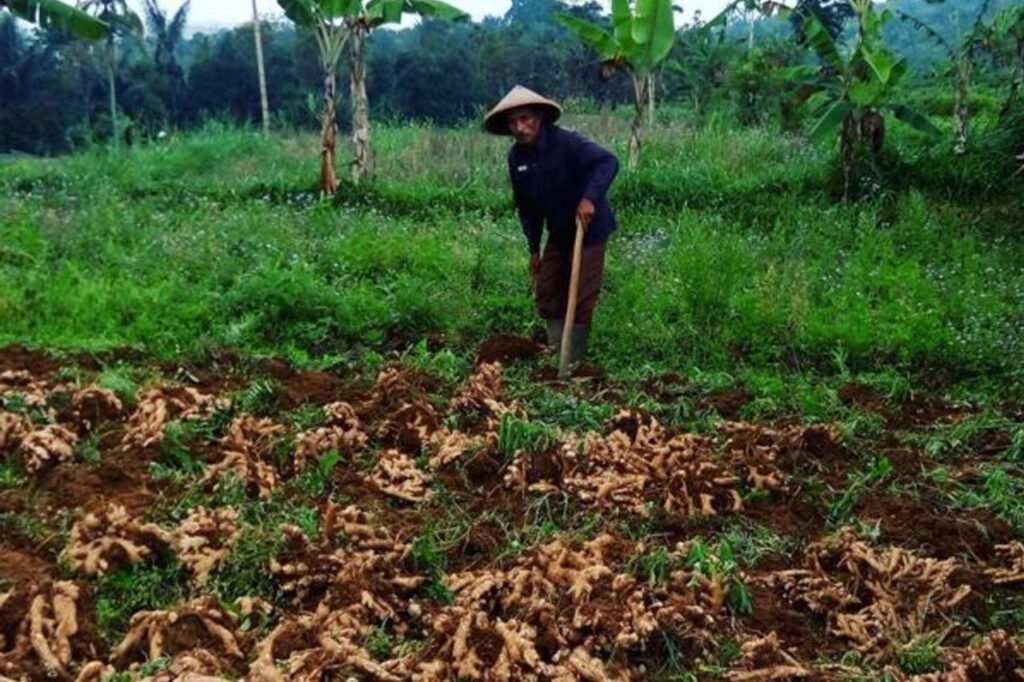
Ensuring Quality and Export Compliance: The Anatomy of the Critical Turmeric COA
In the global spice trade, quality is the most valuable currency. International buyers must secure a quality guarantee. This guarantee is called a Certificate of Analysis (COA). Buyers must receive this before a ship docks at the destination port. For Turmeric Export Indonesia, the COA is a crucial document. It proves the shipped product is safe, pure, and compliant with contractual specifications.
Key Parameters in the Turmeric COA
A comprehensive Turmeric COA must always include a series of essential tests. These tests often determine the outcome of negotiations.
-
Curcuminoid Content: This is the most critical quality indicator. Certain Indonesian turmeric varieties have a competitive curcumin content. Buyers need to confirm this value meets their application’s required threshold. For example, nutraceutical applications demand a higher concentration.
-
Moisture Content: This parameter is vital for product stability and shelf life. The ideal Turmeric moisture content for export is crucial. For both whole and powder forms, it must stay below the established threshold. Generally, the content should not exceed 10-12% Max. This minimizes the risk of mold growth and aflatoxin formation during transit and storage. An ISO/IEC 17025 accredited laboratory must perform accurate moisture testing. This is an absolute prerequisite.
-
Pesticide Residue and Heavy Metals: Major markets like the European Union (EU) and North America worry about chemical residue. Therefore, the COA must show low levels. Specifically, pesticide residues (MRLs) and heavy metals must be below the safe limits the importing country permits. Exporters who commit to organic or GAP (Good Agricultural Practices) can provide a “cleaner” COA.
-
Microbiological Quality: Testing for Total Plate Count (TPC), E. coli, Salmonella, and Yeast & Mold is a mandatory standard. Producers must subject hygienically processed products to a sterilization process. For instance, Turmeric powder bulk needs steam sterilization. This ensures microbiological safety.
Understanding Market Dynamics and Pricing: A Guide to Turmeric FOB Price
Importers need to understand the cost structure. This knowledge is key to setting competitive selling prices. Indonesian turmeric export prices usually follow a standard format. They quote prices in FOB (Free On Board) or CIF (Cost, Insurance, and Freight). The FOB price covers the cost of the goods at the loading port. It does not include freight, insurance, or other associated costs to the destination port.
Factors Determining the Turmeric FOB Price in Indonesia
The Turmeric FOB price in Indonesia is very volatile. Several key factors significantly influence it:
-
Grade and Product Form:
-
Turmeric fingers export (whole turmeric or fingers) typically has a lower unit price. This is expected compared to higher value-added derivative products.
-
Turmeric cut & polished (turmeric that has been sliced, cut, and polished) carries a higher price. It commands this price because it undergoes intensive cleaning and sorting processes. These processes reduce impurities and improve visual presentation.
-
Turmeric powder bulk (powder) commands a premium price. This form has undergone strict drying, grinding, and moisture testing processes.
-
-
Curcumin Content: Turmeric with above-average curcumin content (e.g., >5%) is always priced higher. Demand from the extract industry drives this.
-
Harvest Season and Weather Conditions: An abundant supply during the harvest season (around January to March) tends to depress prices. Conversely, crop failure due to extreme weather can cause significant price surges.
-
Certifications (Organic/Fair Trade): Certified organic or Fair Trade products carry a premium price. This reflects the higher production and certification costs. However, these certifications provide significant added value in premium markets.
We strongly recommend buyers always request the latest quote for the Turmeric FOB price. Why? Prices can change within weeks. They follow global price trends and local stock availability in Indonesia.
Choosing the Right Partner: Characteristics of a Reliable Certified Turmeric Exporter in Indonesia
Selecting the right supplier is the most crucial step. It ensures a smooth supply chain. When dealing with Turmeric supplier Indonesia, you need a trustworthy partner. This partner must offer not only the best price but also have proven credibility and established quality systems.
Expertise Criteria (Experience, Expertise, Authoritativeness, Trustworthiness) for Turmeric Exporters
We must follow the principles of quality and credibility. A Certified turmeric exporter must demonstrate the following criteria:
-
Experience: Ask how long the company has operated in the spice export field. Experience proves the ability to navigate complex logistics. Furthermore, it shows they can consistently address quality issues.
-
Expertise: Do they have in-house processing facilities? This includes drying, grinding, and sterilization. Expert exporters control the entire process. They manage turmeric from raw material to final packaging. This includes processing slices or Turmeric cut & polished under hygienic standards.
-
Authoritativeness: Check if they possess internationally recognized industry certifications. For example, this may include HACCP, ISO 22000, or FSSC 22000 for food safety. Their ability to provide complete documentation also shows authority. This includes a valid and accurate Turmeric COA.
-
Trustworthiness: Can they provide references from long-term buyers? Openness regarding sourcing (traceability) and adherence to contracts demonstrate reliability.
Product Variety and Technical Specifications in Turmeric Export Indonesia
The global market demands various turmeric formats. They must tailor these formats to the needs of different industries. These range from food and beverages to cosmetics and pharmaceuticals. Exporters who can offer product diversity will become valuable partners.
Turmeric Fingers Export (Whole Dried Turmeric)
This is the most basic and common form of traded turmeric. Turmeric fingers export refers to the finger rhizomes of turmeric. These rhizomes have been boiled, dried, and cleaned.
-
Key Specifications: The rhizome must maintain its integrity. It must be free from excessively large mother rhizomes. Uniform drying is essential. The Turmeric moisture content should remain below 12%. Buyers with their own grinding facilities prefer this option.
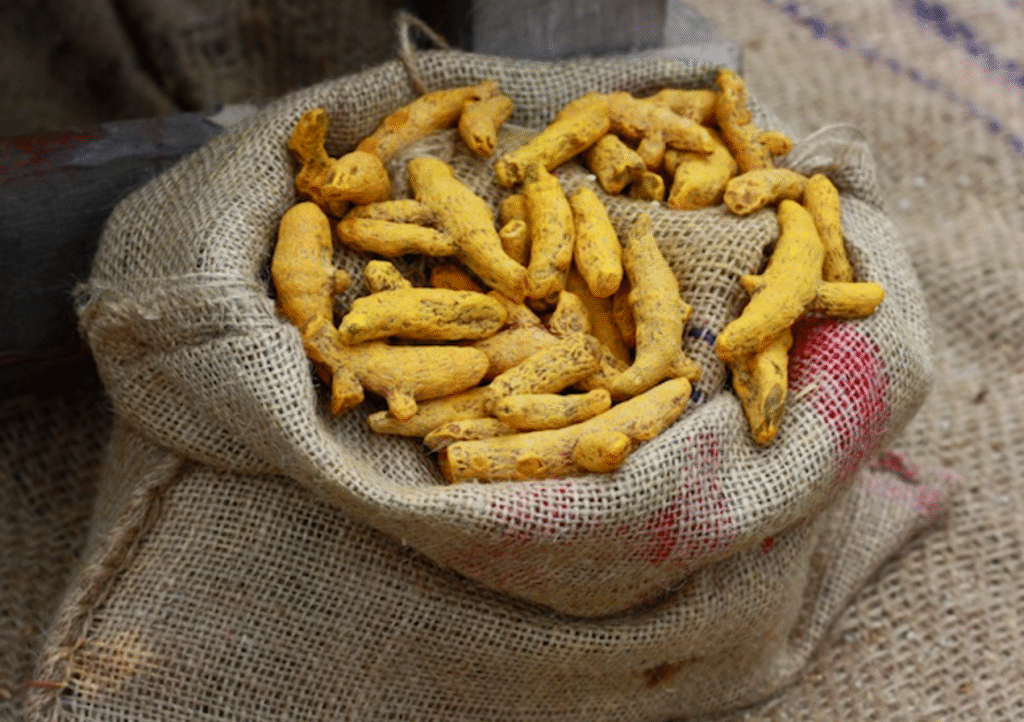
Turmeric Cut & Polished (Sliced and Dried Turmeric)
This product offers a quality upgrade from the whole form. Turmeric cut & polished or dried turmeric slices undergo a specific process. Producers cut the rhizomes into thin slices (e.g., 3-5 mm). Then, they dry and polish them. This results in a brighter color and a more appealing look.
-
Advantages: The larger surface area allows for a more uniform and faster drying process. This ensures consistent moisture levels. Furthermore, polished slices are more hygienic. Food processing plants also find them easier to process further.
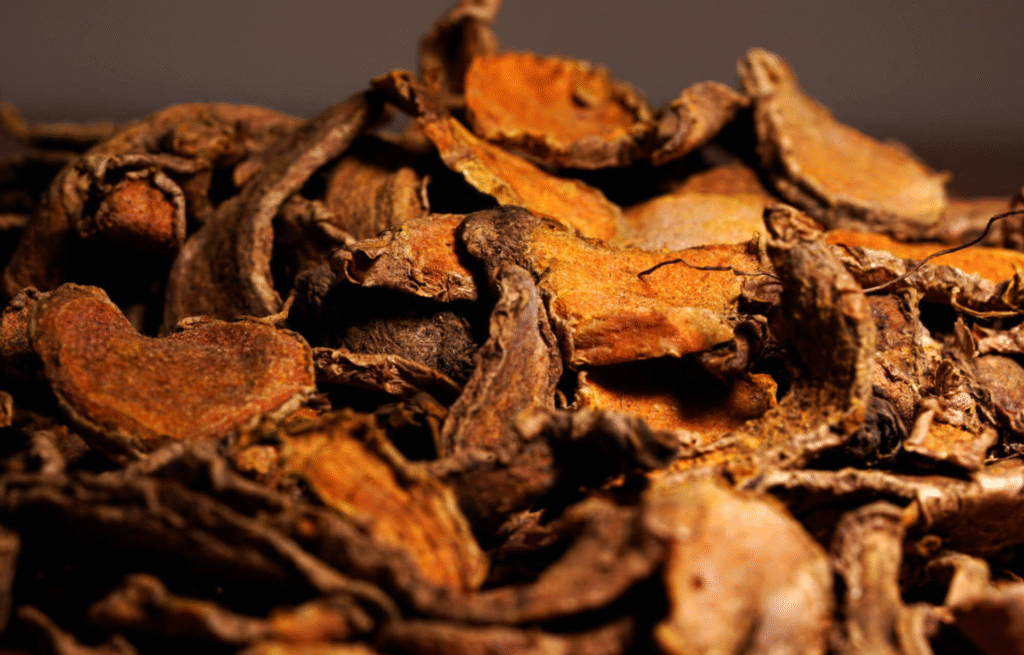
Turmeric Powder Bulk (Ground Turmeric)
The powdered form is a high value-added commodity. It is the most widely used product in the industry. Sourcing Turmeric powder bulk requires extra caution. Buyers must verify the quality of grinding and packaging.
-
Key Quality: Check the mesh size (fineness level). Ensure the guaranteed curcumin content is present. Most importantly, verify microbiological safety. Producers must pack the powder in food-grade bags. For example, they use PP/Jute sacks lined with an inner liner. This protects against cross-contamination and moisture during transportation.
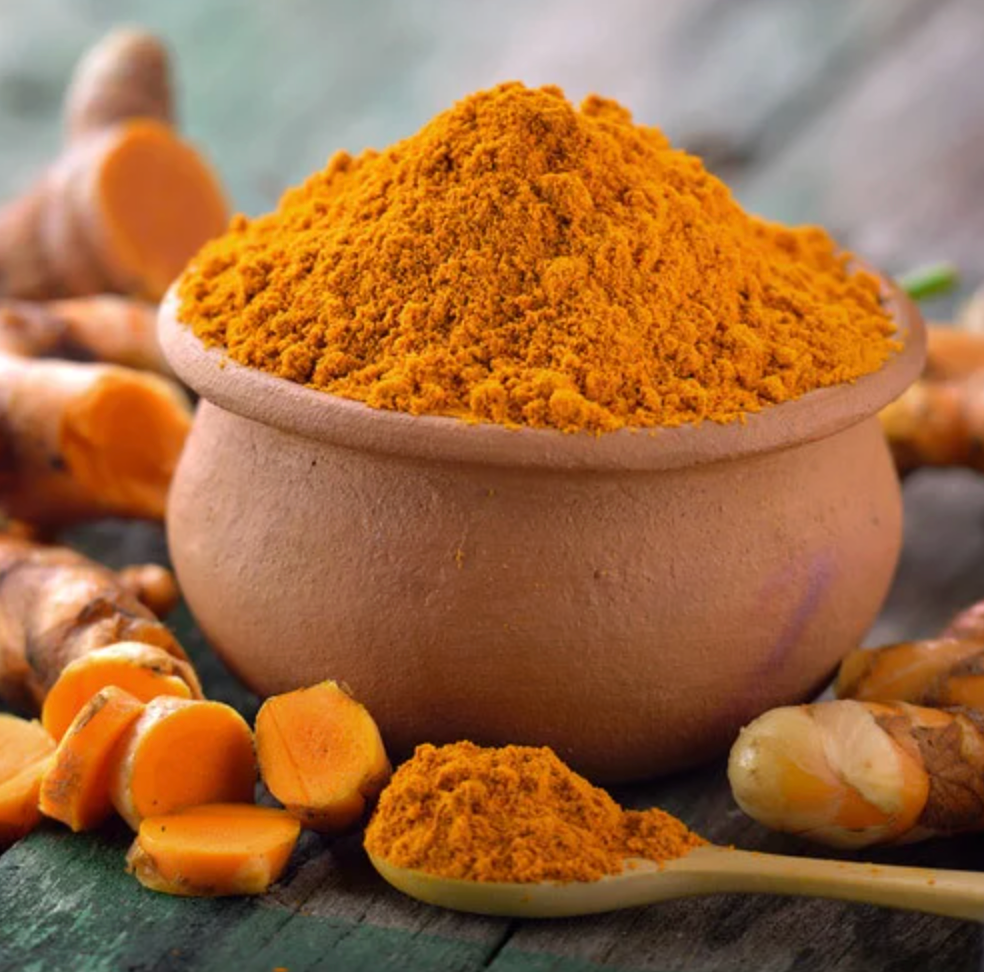
Logistics Strategy and Quality Commitment for Turmeric Export Indonesia
The export process requires attention beyond packaging. Efficient logistics and adherence to shipping standards are essential. They help maintain product quality. Consequently, they ensure buyer satisfaction.
Packaging Standards and Transit Security
Reputable exporters, such as the Certified turmeric exporter from Indonesia, use specialized packaging for spices:
-
Whole/Sliced Turmeric: They often pack this in new jute or PP sacks. The standard net weight is 25 kg or 50 kg per sack, as the market requests.
-
Turmeric Powder: This requires stricter protection. They use multi-layered packaging (e.g., kraft bags with a PE inner liner). This prevents moisture absorption.
Containers must be clean, dry, and odor-free. We recommend using a Container Liner for shipping large quantities of Turmeric powder bulk. This provides maximum protection against sea moisture.
The Importance of Traceability and Additional Certifications
Today, global transparency is expected. Buyers increasingly demand product traceability. They want to trace the product down to the farmer level. Exporters who provide origin information (province/region in Indonesia) will be preferred. They must also demonstrate sustainable practices. Certifications like GlobalGAP or organic certification are key differentiators. They can justify a slightly higher Turmeric FOB price offering.
Global Market Outlook and Demand Trends for Indonesian Turmeric 2025
The global turmeric market is set for continuous growth. Curcumin’s popularity drives this growth. It is popular as a health supplement and natural colorant. Indonesia, with its rich variety of turmeric, is well-positioned. It is ready to become a major player.
Demand for Turmeric Export Indonesia will focus on three key areas:
-
Nutraceuticals: Applications include curcumin extract. This extract offers potential anti-inflammatory and antioxidant benefits. This segment demands products with very high curcumin content. It also requires zero or very low pesticide residues. A premium Turmeric COA must prove this quality.
-
Food & Beverage Industry: Demand for Turmeric powder bulk is high. It is used as a natural colorant and seasoning. Applications include sauces, curries, and functional beverages.
-
Traditional Markets: Large-volume shipments are common. They send Turmeric fingers export and Turmeric cut & polished to India, Malaysia, and Middle Eastern countries. These countries use them for further processing.
Exporters who invest in advanced drying technology will gain a competitive edge. This technology preserves color and aroma. It also helps maintain the ideal Turmeric moisture content.
